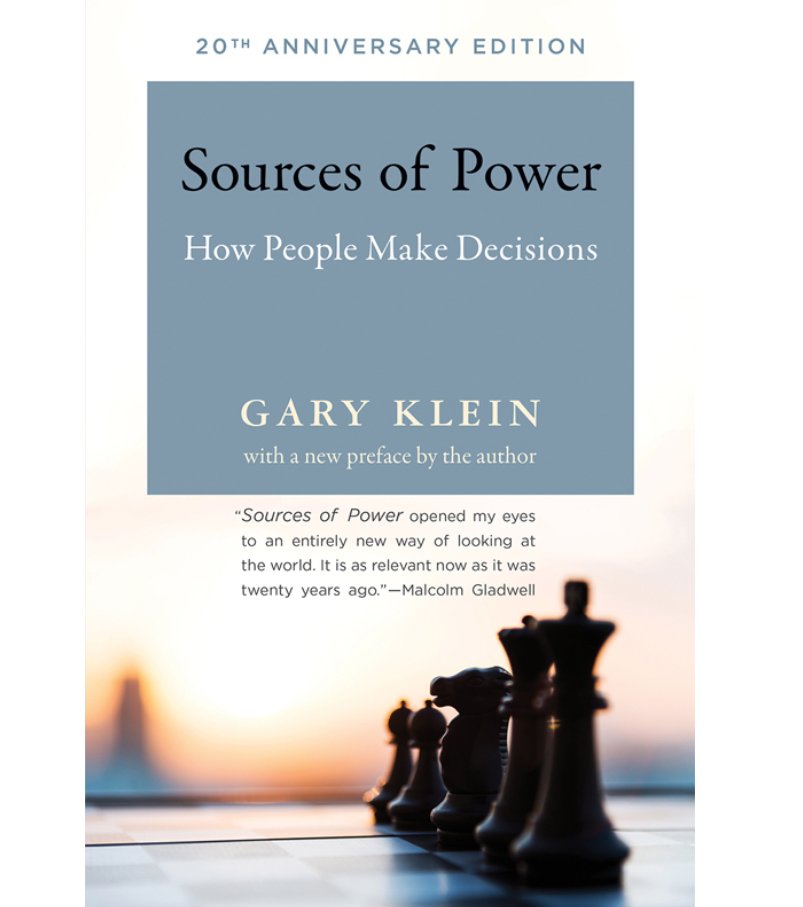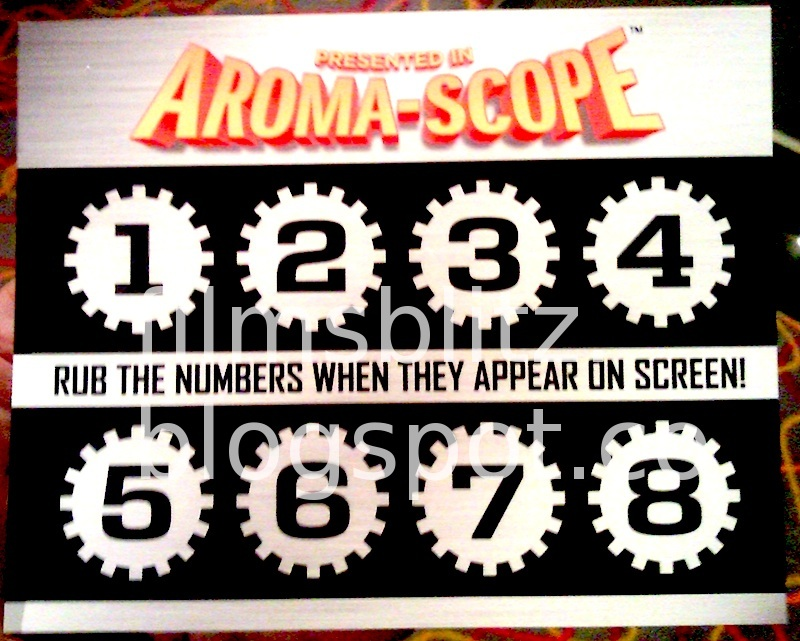1. The best way to think about #innovation is that it’s a result, it’s an outcome. We’ve commodified the word to mean a daily activity, but that sets you on a bad, and sad, path. The history of innovation is mostly defined by people who didn't use that word much, or at all.
2. First, it’s arrogant. If your team “innovates daily”, what do we say about Tesla’s work, or Marie Curie’s achievements, or true breakthroughs? Innovation used to be reserved for things that were significant positive changes for the world. Now it means you added a feature.
3. More profoundly, aim your ambition on solving real problems for real people. If you do that well (rare), people will come along later and call you an innovator, which is the truest validation of the term: that your peers give it to you, not that you took it yourself.
4. To be an engineer or a designer means your job is literally to make new things. That’s not special, it's normal. Few get $$$ to keep the status quo (at least not intentionally) - Movement is not necessarily progress, but "innovators innovating" often pretend that it is.
5. However, words like progress, improvement, solving hard problems.. noble. And powerful. And verifiable! if you can say “I cured cancer” or “I made banking secure” that’s profound. There’s nowhere to hide. Either you solved it or you didn’t. But the word innovation... opaque!
6. Whenever ppl use the foofy language of “I’m on the innovation squad” or "I innovated feature X" ask: “what problem are u solving and who are you solving it for?” It’s ppl with bad answers who hide in " innovation". If they were doing profound work, they'd just say what it was.
7. My opinions on this come from years of studying innovation history - and if you want the fascinating stories and deeper arguments that support them, it's all right here in this timeless little book - amazon.com/Myths-Innovati…
• • •
Missing some Tweet in this thread? You can try to
force a refresh














